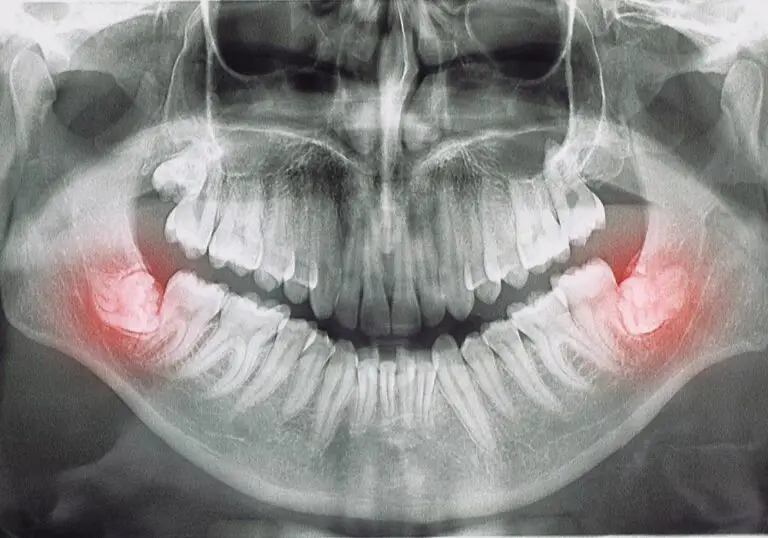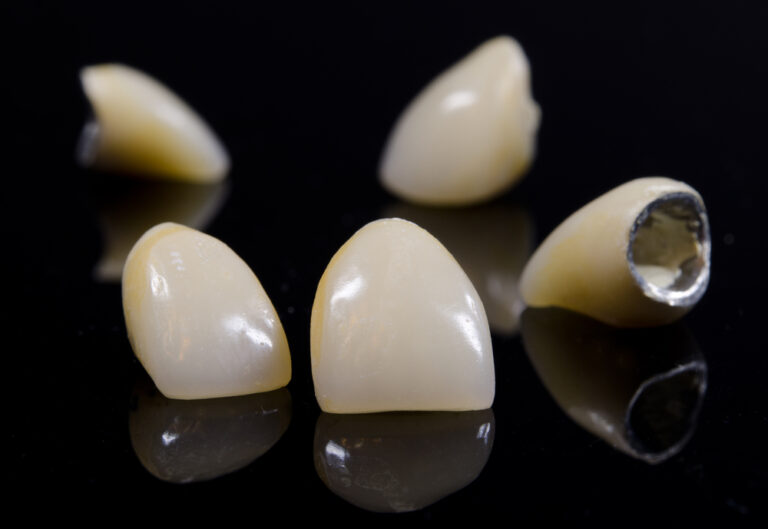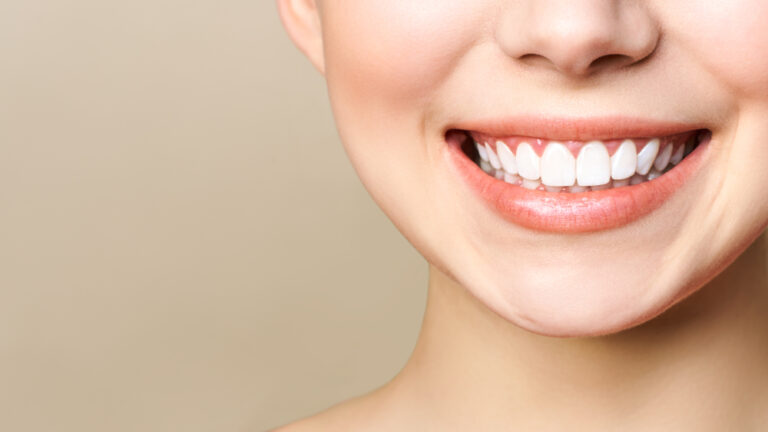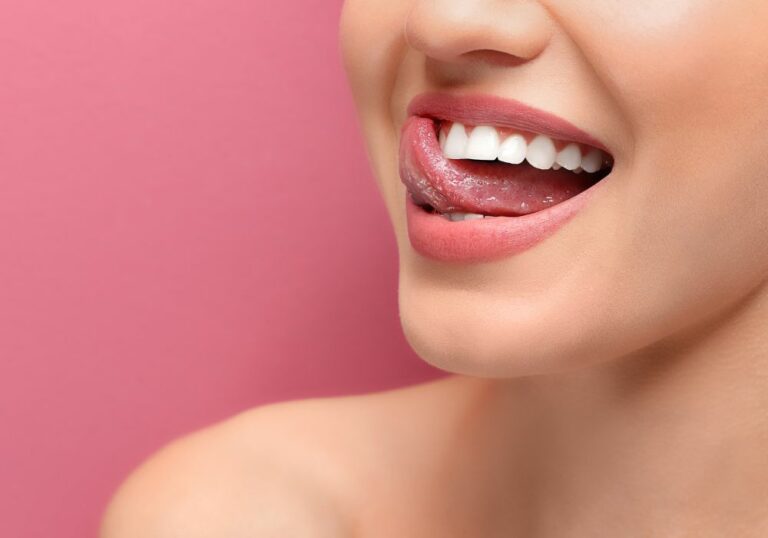Wisdom teeth, also known as third molars, are the last set of molars to erupt in the very back of the mouth, usually between the ages of 17-25 years old. While some wisdom teeth emerge properly and cause no problems, many become impacted against the jawbone or only partially erupt through the gums. These impacted or partially erupted wisdom teeth can lead to pain, swelling, infection, and damage to nearby teeth and bone.
It is very common for wisdom tooth pain or discomfort to worsen at night while trying to sleep. The constant throbbing, pulsing, and aching can prevent you from falling asleep or wake you up repeatedly once you nod off. This results in poor sleep quality, daytime fatigue, and disruption to your daily life.
If you notice your wisdom tooth pain flaring up mainly at night, you’re not alone. Let’s explore why wisdom teeth often hurt more overnight, and what you can do to sleep better.
Can wisdom tooth pain wake you up at night?
Wisdom tooth pain can definitely wake you up at night. The pain from impacted or erupting wisdom teeth often worsens at night for several reasons:
1. The body’s circadian rhythms
Our bodies have natural 24-hour circadian rhythms that regulate many physiological processes, including body temperature, blood pressure, metabolism, and cognitive abilities. Pain perception and sensitivity also follows a daily cycle.
Research shows that our pain threshold is lowest in the morning hours when cortisol levels peak after waking. As the day progresses, the pain threshold increases, meaning we become more tolerant of pain throughout the afternoon. Then in the evening as cortisol levels drop off, the pain threshold decreases again, making us more sensitive to pain at night.
This dip in cortisol at night allows inflammatory pain from wisdom tooth impaction or eruption to become more pronounced and difficult to ignore, often causing sleep disruptions.
2. Gravity and fluid accumulation
While upright during the day, gravity pulls fluid downward away from the head and wisdom tooth area, relieving pressure. But at night when lying down, gravity no longer draws fluids away. This allows fluid to pool and accumulate around the impacted or erupting wisdom tooth, leading to more inflammation, edema, and pain.
Partially erupted wisdom teeth are especially prone to painful fluid buildup when horizontal at night. The soft tissue flap over a partially broken through wisdom tooth provides an area for fluids to collect and put pressure on the exposed nerve endings in the pulp of the tooth.
3. Lack of distractions at night
During busy days, work, school, socializing, and other activities tend to divert attention away from pain. But at night when trying to sleep in a quiet setting, there are no distractions. Even subtle background wisdom tooth pain can become magnified when trying to fall asleep.
Signs your wisdom tooth pain may be worsening

You may notice mild wisdom tooth discomfort during the day worsening into more disruptive pain overnight. Signs the pain is intensifying and more likely to wake you up include:
- Swelling, fullness or puffiness increasing in your cheek near the problematic wisdom tooth
- Redness and tenderness of the gums around the tooth
- Stiffness or difficulty fully opening your jaw
- Development of a headache or tension in the temple area on the same side as the wisdom tooth pain
- Throbbing or pulsing pain that seems to beat in time with your heart rate
- Pain radiating or spreading to the ear, down the neck muscles or up to the side of the tongue on the same side
Any of these symptoms suggest your wisdom tooth is becoming more impacted or infected beneath the gums. The localized pain is likely to worsen at night as you’re lying down.
Why wisdom teeth tend to flare up more overnight?
There are several explanations for why wisdom teeth start aching, throbbing and disrupting sleep:
1. Increased blood flow when lying down
While standing upright during the day, blood pools more in the veins of the lower extremities away from the head. At night while reclining and sleeping horizontally, blood flow to the head increases due to less impact from gravity.
All this added blood circulation to the area around irritated wisdom teeth adds pressure, throbbing pain and inflammation as you try to fall asleep.
2. Nighttime oral habits
Many people unconsciously clench, grind or tap their teeth while sleeping. This puts added pressure on impacted or erupting wisdom teeth, exacerbating the pain at night.
Other habits like chewing gum or nighttime smoking can also irritate sensitive wisdom teeth before bed.
3. Pain medication wears off
You may take over-the-counter oral pain relievers like ibuprofen, acetaminophen or aspirin during the day which temporarily dampens wisdom tooth pain. As the effects wear off at night, the pain can rebound with intensity and disrupt sleep.
4. Difficulty finding a comfortable sleeping position
It’s challenging to get comfortable enough to fall into deep sleep when you have throbbing pain from impacted wisdom teeth. You likely end up tossing, turning and shifting positions all night, which prevents restful sleep.
The constant positional changes can also cause abrupt spikes in pain whenever pressure is placed on the irritated wisdom teeth.
How to sleep better with painful wisdom teeth?
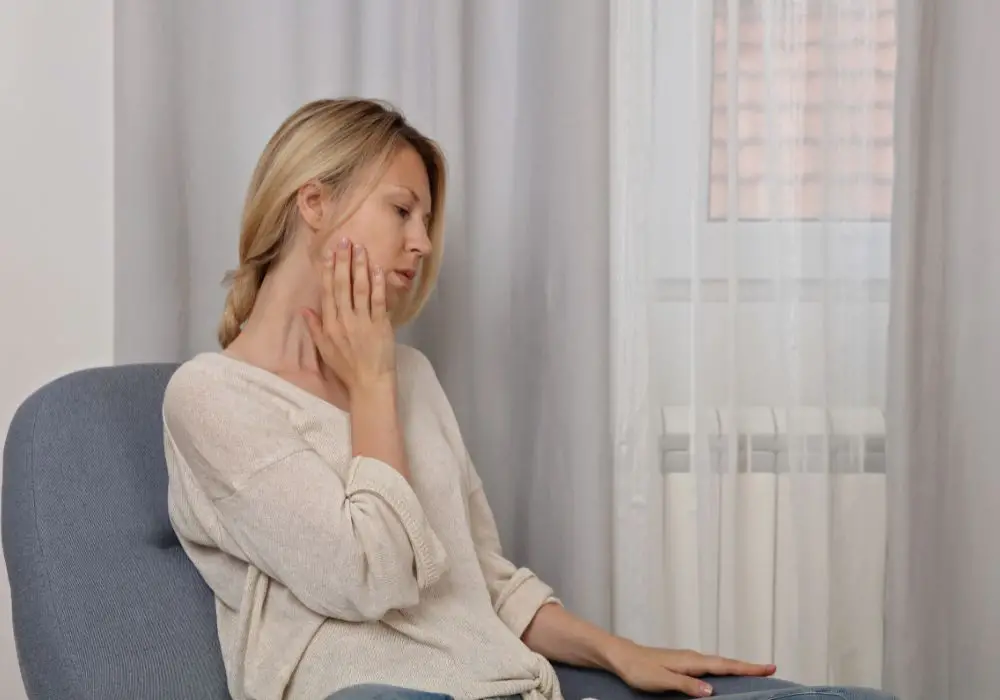
If you’re struggling to get quality sleep because your wisdom teeth are acting up at night, try these self-help tips:
Take oral pain medication before bedtime
Take over-the-counter pain tablets or your prescribed medication 1-2 hours before going to sleep. This preemptive dosing lets the drug take effect before pain would normally worsen overnight. Set an alarm to take a second dose later on.
Ibuprofen, acetaminophen, aspirin or naproxen sodium can all help reduce wisdom tooth inflammation and pain.
Use cold compresses before bed
Applying an ice pack or cold compress directly to the cheek and jaw area by the impacted wisdom teeth for 10-15 minutes before bed can constrict local blood vessels. This reduces circulation to painful areas and provides numbing pain relief temporarily.
Sleep propped up on pillows
Elevating your head and torso with extra pillows or reclining in a lounge chair reduces fluid pooling around the wisdom teeth overnight. This can minimize throbbing and pressure.
Avoid chewing on the painful side before bed
Avoid crunchy, chewy or hard foods in the hours before bedtime. Stick to soft, mild foods using the opposite side of your mouth. This minimizes irritation to sensitive wisdom teeth on the painful side.
Swish with warm salt water
Gently swish and rinse your mouth with warm salt water before bed. This can dislodge trapped food particles near impacted wisdom teeth that may be aggravating and causing infection.
Apply dental gum or wax
Products like Orajel dental gum or wax can be pressed on top of partially erupted wisdom teeth to add a protective layer and mild numbing effect on any exposed nerve endings.
Try using oral numbing gel or spray
Over-the-counter oral gels and sprays containing benzocaine can temporarily numb wisdom teeth before bed. These are sold as toothache and teething gels or sprays.
If you try these self-care remedies and are still suffering sleep disruptions from wisdom tooth pain, see a dentist for further treatment. You may need antibiotics for infection or surgical extraction for lasting relief.
When you should visit the dentist?
You should make an appointment with your dentist promptly if:
- Wisdom tooth pain keeps waking you up each night and doesn’t respond to any self-help remedies.
- Swelling and inflammation around the tooth seems to be spreading.
- You develop other concerning symptoms like fever, chills, foul taste or odor.
- You have difficulty fully opening your jaw.
- Pain has started radiating to your ear, down your neck, or causing temple headache.
- Over-the-counter painkillers provide no lasting relief.
These signs indicate your wisdom tooth is likely infected or severely impacted in the bone and needs professional dental attention. You may need antibiotics to treat an abscess or surgical extraction of the wisdom tooth for permanent pain relief.
Don’t delay seeing a dentist if wisdom tooth pain is worsening or disrupting sleep. Catching problems early prevents complications like cysts, infections spreading to nearby teeth, or damage from the impaction itself.
Getting wisdom teeth removed for pain relief
Extraction or removal of the problematic wisdom tooth is the only way to resolve recurrent pain, infections and sleep disruptions permanently. Different wisdom tooth extraction procedures include:
Simple extraction of erupted teeth
If the wisdom tooth has fully emerged through the gums and there is enough clearance in the mouth, the dentist may be able to numb the area and remove it as a simple extraction. Little to no bone removal is required.
Surgical extraction
Impacted or partially erupted wisdom teeth require cutting and opening the gum tissue and removing some bone to gain access. This is called a surgical extraction, and may require stitching closed the gum site afterward.
Sectioning impacted teeth
In cases where wisdom teeth are severely impacted against the jawbone or other teeth, the dentist may section or cut the wisdom tooth into smaller pieces first to aid the extraction process. This is accomplished using a dental drill.
Wisdom tooth removal is extremely common as an outpatient procedure with minimal risks in healthy young patients. Follow your dentist’s post-op care instructions carefully for the first 24 hours.
Usually you can expect some temporary swelling, minor bleeding, bruising and discomfort as the extraction site heals over the first 7-14 days. Pain and complications are reduced by keeping the area clean and controlling inflammation.
Postoperative wisdom tooth care at home
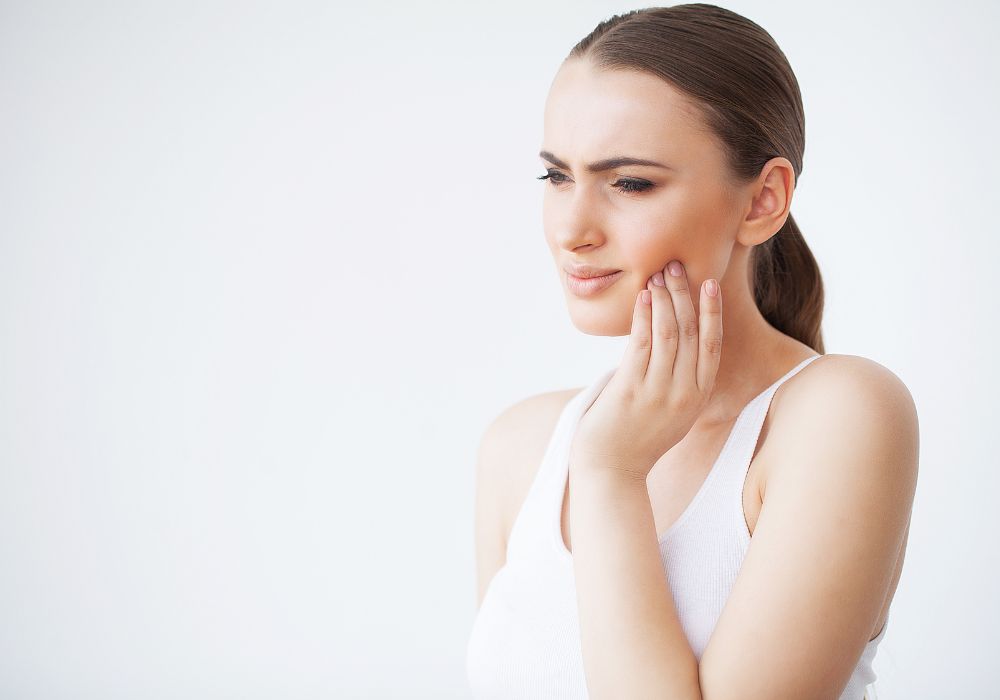
While wisdom tooth extraction should resolve the severe pain from an infected or impacted tooth, you’ll likely have some residual soreness as the area heals:
- Take prescription pain relievers or over-the-counter NSAIDs as directed by your dentist to control postoperative pain. Don’t let pain ramp up.
- Use ice packs on the jaw and cheek near the extraction site during the first 24 hours to reduce swelling. Then switch to moist heat.
- Stick to soft, cool foods. Avoid spicy, crunchy, sticky or acidic foods that could irritate the healing extraction site and stitches.
- Gently rinse your mouth with warm salt water after eating to keep it clean. Avoid forceful swishing.
- Sleep propped upright using pillows to reduce throbbing.
- Limit physical activity for the first 48 hours.
Call your dentist if you experience severe pain not responding to medication, fever, foul odor, or other signs of post-extraction infection. With proper care, the extraction site should steadily improve.
Conclusion
It is very common for pain from impacted or erupting wisdom teeth to intensify at night and disrupt sleep. Contributing factors include the body’s daily cortisol fluctuations, increased blood flow from lying down, lack of distractions, and nighttime habits.
If at-home remedies provide only temporary relief from wisdom tooth pain at night, visiting a dentist promptly is wise. You may require antibiotics for an infection or wisdom tooth extraction for lasting results and restful sleep.
Extraction may involve a simple removal or more complex surgery on impacted teeth. But removing problematic wisdom teeth provides permanent relief and should stop pain from waking you up.
Frequently Asked Questions
Why does my wisdom tooth hurt more at night?
Wisdom tooth pain tends to get worse at night for several biological reasons:
- Your natural daily cortisol rhythm peaks in the morning, lowering pain perception. Cortisol drops at night, making you more sensitive.
- Lying down increases blood flow and fluid buildup around the tooth.
- There are fewer distractions at night so the pain is more noticeable.
- Habits like clenching can add pressure on the tooth overnight.
Should I take medicine before bed for wisdom tooth pain?
Yes, it’s a good idea to take an oral pain reliever like ibuprofen before bed to preemptively manage wisdom tooth pain at night. Set an alarm to take a second dose later before the effects wear off.
What kind of numbing medicine helps wisdom tooth pain?
Benzocaine gels, rinses and lozenges available over-the-counter can temporarily numb wisdom teeth pain. Your dentist may also prescribe a prescription numbing mouthwash if the pain is severe.
How can I sleep better with painful wisdom teeth?
Tips to sleep better with wisdom teeth pain include:
- Take pain medication at bedtime
- Use cold compresses before bed
- Apply dental gum or wax on the painful tooth
- Rinse with warm salt water
- Prop yourself up with pillows
- Avoid chewing on the painful side
How do I know when wisdom teeth should be removed?
See your dentist about wisdom tooth removal if the pain:
- Frequently wakes you up at night
- Persists for more than a day with no relief
- Is accompanied by swelling, jaw stiffness or headache
- Doesn’t respond to over-the-counter analgesics
- Seems to be worsening or spreading
Extraction can permanently resolve recurrent wisdom tooth pain and infections.

